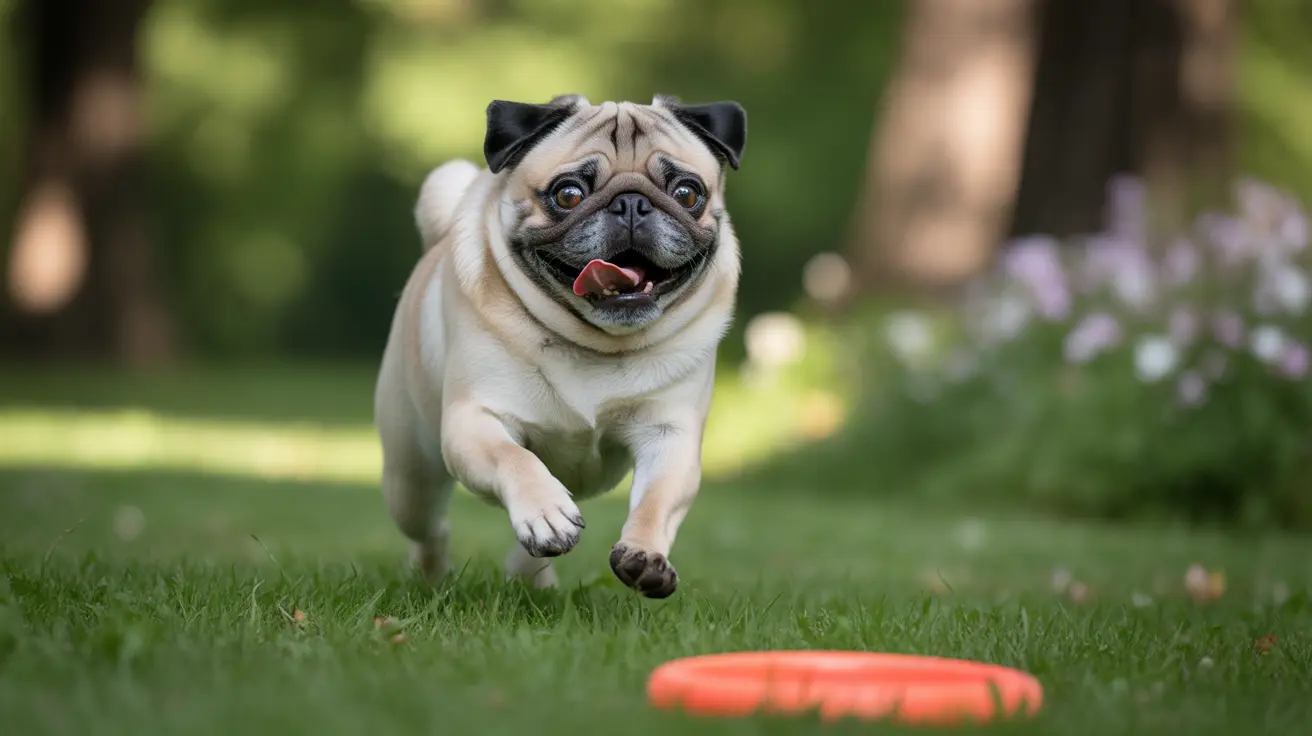Common Causes of Dog Snorting
Reverse Sneezing: The Most Common Culprit
Reverse sneezing, technically called paroxysmal respiration, is the most frequent cause of pig-like snorting in dogs. This reflexive behavior occurs when a dog rapidly pulls air through their nose, creating a snorting or honking sound. While it might appear alarming, reverse sneezing is usually harmless and helps dogs clear their nasal passages of irritants.
Breed-Specific Anatomical Factors
Brachycephalic breeds (dogs with flat faces and short snouts) are particularly prone to snorting due to their unique anatomical structure. Breeds like Bulldogs, Pugs, and Shih Tzus commonly make pig-like sounds because of their shortened airways and elongated soft palates.
Environmental Triggers and Health Issues
Allergies and Irritants
Environmental allergens like pollen, dust, or strong odors can trigger snorting episodes. These irritants can cause inflammation in the nasal passages, leading to temporary respiratory responses that sound like pig snorts.
Physical Activity and Excitement
Many dogs snort during or after exercise, when excited, or during play. This is typically normal behavior caused by increased breathing rates and temporary narrowing of the airways due to excitement.
When to Be Concerned
Warning Signs
While occasional snorting is usually harmless, certain symptoms warrant veterinary attention:
- Frequent or prolonged snorting episodes
- Difficulty breathing
- Nasal discharge or bleeding
- Lethargy or loss of appetite
- Excessive pawing at the face
- Blue-tinged gums
Serious Health Conditions
In some cases, persistent snorting might indicate more serious conditions such as:
- Foreign objects in the nasal passages
- Respiratory infections
- Nasal tumors
- Collapsing trachea
- Heart disease
Managing and Preventing Snorting Episodes
Several strategies can help reduce snorting episodes:
- Keep your home free from strong perfumes and chemical odors
- Use air purifiers to reduce airborne allergens
- Maintain a healthy weight for your dog
- Use a harness instead of a collar for walks
- Keep up with regular veterinary check-ups
Frequently Asked Questions
Why does my dog snort like a pig and is it normal?
Dog snorting is often normal and usually caused by reverse sneezing, excitement, or breed-specific anatomy. While occasional snorting isn't typically cause for concern, frequent or severe episodes should be evaluated by a veterinarian.
What causes reverse sneezing in dogs and how can I help my dog during an episode?
Reverse sneezing is triggered by irritation of the soft palate and throat area. During an episode, you can help by gently massaging your dog's throat or briefly covering their nostrils to encourage swallowing, which often stops the episode.
Are certain dog breeds more likely to snort like pigs, and why?
Yes, brachycephalic breeds (flat-faced dogs) are more prone to snorting due to their shortened airways and elongated soft palates. Breeds like Pugs, Bulldogs, and Shih Tzus are particularly susceptible.
When should I worry and take my snorting dog to the veterinarian?
Seek veterinary care if snorting is frequent, accompanied by difficulty breathing, nasal discharge, lethargy, or other concerning symptoms. Immediate attention is needed if your dog shows signs of respiratory distress.
How can allergies or environmental factors cause my dog to snort or honk like a pig?
Allergens and irritants can inflame the nasal passages and throat, triggering snorting as a natural response to clear the airways. Common triggers include pollen, dust, smoke, and strong odors.






